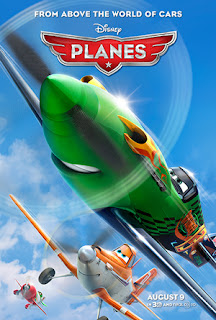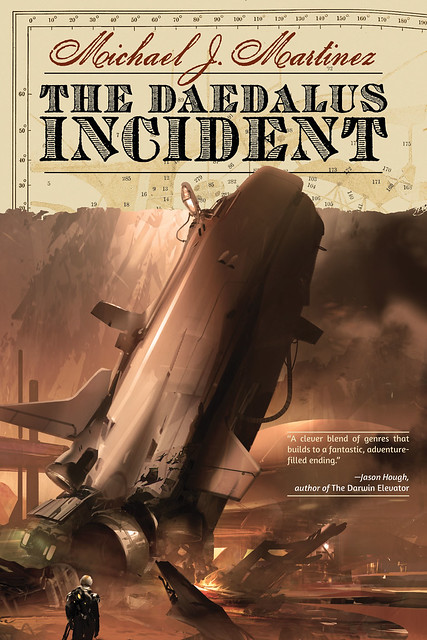There’s been a lot of talk about content blocking lately, in the run up to the public release of iOS 9 with its built-in support for content-blocking Safari extensions. Straight from the horse’s mouth:
Content Blocking gives your extensions a fast and efficient way to block cookies, images, resources, pop-ups, and other content.
This is something people have been doing on the desktop for a long time. I used to run ad blockers myself, but as I wrote,
I feel that [ad blocking]meets my moral definition of theft. Companies put out content with the expectation of being paid for it, so it seems churlish at best for me to enjoy the content but refuse them the chance to make a fraction of a penny from their advertisers off my enjoyment. There is a line, but nowadays I am more likely simply not to visit offending sites than to try to bypass the ads.

Jean Louis Gassee believes that the consequences of widespread ad blocking will be disastrous for media companies.
This is going to be painful for those whose ad-supported business model is in danger of breaking. There will be blood.
I think that may well be true. The current state of ad tech is not ideal, but it’s what we have, and what a lot of people are paying the bills with. However, while we have become used this state of affairs on our desktops, it’s a different story on mobile. On even a single-digit-Mbps home broadband connection, the additional impact on a page load of the ads, analytics and tracking muck is not hugely significant. Our fixed connections are fast and not really metered on a scale where we are watching the individual megabytes.
Neither of those factors holds true on mobile devices. There, connections are slow, unreliable, and strongly metered. Dean Murphy has created a pre-release iOS content blocking extension, and his benchmarks are eye-opening.
On average, pages loaded 3.9x faster with Crystal and used 53% less bandwidth. Just by having Crystal installed, I saved a total of 70 seconds and 35MB of data on these 10 pages.
On mobile, that’s huge. Everyone will want to install Crystal (or similar extensions) for those sorts of gains.
This is without even getting into some of the other aspects of ad tech. Privacy is the obvious one, although for most Muggles it doesn’t seem to be a huge priority. Nevertheless, if you want to scare yourself you can try using the Lightbeam add-on for Firefox to see just how much tracking is happening behind the scenes of even major web properties. That has been true for some time on desktop, though, and hasn’t caused any widespread outrage.
What is different on mobile, apart from connection speed and bandwidth constraints, is the interaction itself. Ads on the desktop take up a relatively small proportion of the screen real estate. On mobile, ads can take up the entire screen when loading the front page of popular web sites. Users have to scroll down an entire screen just to get to content!
In addition, users have been running their own content blockers on their wetware for a while now. I don’t even see standard ads any more, because I have developed reflexes that cause my eyes to scan right by them without ever taking them into my conscious awareness. To force their way past this problem, ad tech developers (one rung up from actual malware developers IMHO) have come up with all sorts of schemes, from interstitials, to CSS-based “popups" that hover in front of the content, to things that zoom out if you inadvertently roll your mouse cursor over them, and no doubt even more heinous variations are in the pipeline right now.
The thing is, on the desktop these things are only moderately annoying. I don’t have Flash installed on this machine, which already cuts down on the potential irritation, and the rest I deal with by simply not visiting especially grating web sites.
On mobile devices, these things are horrid. My wife, normally a sweet and well-mannered person, was reduced to incoherent rage this morning when an ad on a web site she was attempting to visit on her phone kept redirecting her to another site. This was no doubt intended as some sort of grey-area pop-up spawning thing, but iOS simply interpreted it as a straight redirect. Result? That website may have got the one visit and its ad-load, but it will never get another from either of us.
Bottom line? I will continue not to run content blockers on my Mac, but on iOS, I’m installing Crystal as soon as I get my hands on iOS 9.
After the initial period of pain, I don’t think it’ll even be as bad for publishers as they think it will be. I have no doubt that there will be disruption, and some of it will be painful. Some web sites will go down, and while my rational response is that they will be getting their comeuppance for a crappy business model, I do feel sympathy for the writers who will be out of a gig through no fault of their own.
My point is different: as with much of this Big Data nonsense, I have a sneaking suspicion that nobody is actually using any of the data that are collected. My personal experience bears this out. Sure, the gathered data are used in some limited sense, but no truly innovative deep analysis is carried out that you could not have done on the subscriber rolls of the Readers’ Digest back in the day. Dumber web advertising will do just fine without all the tracking and analytics that are de rigeur these days.
Relax and enjoy the resurgence of simple banner ads.


